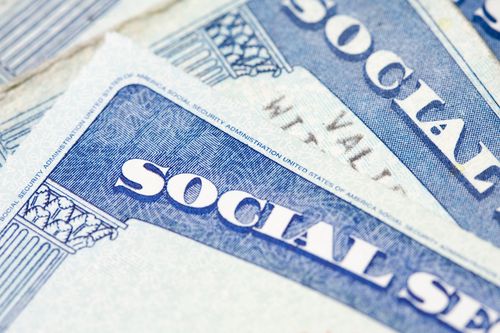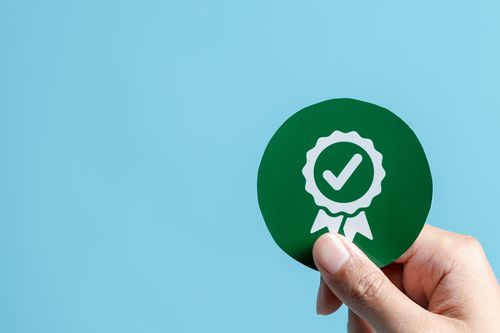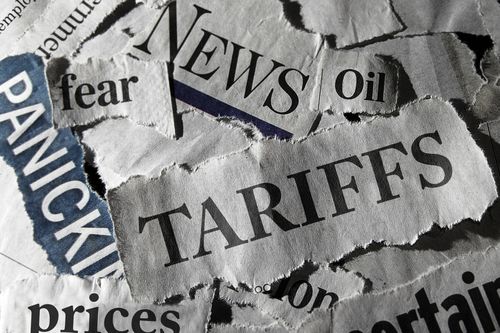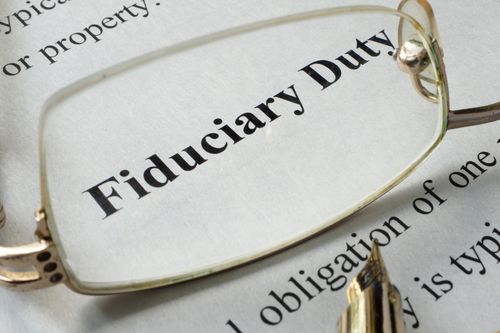The Department of Health and Human Services (HHS) published a final ruling in the Federal Register on November 30, 2020 that is applicable to January 1, 2022 plan years. This new rule amends the Federal Anti-Kickback Statute (AKS) to remove an exemption for rebates and similar price concessions made by pharmaceutical manufacturers to Part D plan sponsors or Pharmacy Benefit Managers (PBMs) contracted on their behalf.
The final rule does the following for Part D Medicare plans only:
- Removes rebates and similar drug price concessions paid by drug makers to PBMs from exemption from the AKS.
- Creates a new safe harbor under the AKS for rebates, discounts and similar price concessions made at the point-of-sale to plan members (must be agreed to in advance in writing, must represent the full value of the discount, must be made instantly at point-of-sale, must be 100% reflected in the price of the drug, must be paid in full to dispensing pharmacy and passed on to the member).
- Applies new safe harbor protections under the AKS for fixed fees paid by drug makers to PBMs for contracted services provided that meet certain requirements (must be agreed in advance in writing, must be at fair market prices, must be fixed dollar and cannot change based on volume).
This is a very significant change for self-funded Employer Group Waiver Plans (EGWPs). It will also necessitate the separation of Medicare retiree health plans from being bundled into a single PBM contract or lumped into a joint RFP with active employee plans. Bidding out Medicare healthcare contracts separately from active employee benefit contracts is a position long advocated by KTP.
Before this new ruling, drug makers operated under shelter from the AKS when negotiating ever deeper discounts with PBMs. This created large distortions in the pricing of prescription drugs. Essentially, to appease their clients, PBMs have offered bigger and bigger discounts to drug prices. In turn, PBMs have demanded larger and larger rebates from drug makers to maintain PBM profitability. To save their own margins, and faced with inelastic demand for many prescription medications, drug makers have simply artificially raised the list price of the drugs. Over the years this has caused an irrational, upward spiral on drug prices.




